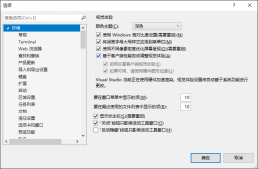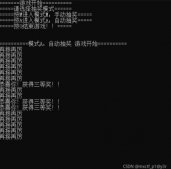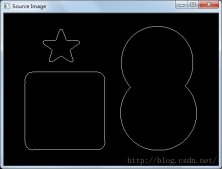1.最常用的方法是创建一个计数器,判断是否遇到‘\0',不是'\0'指针就往后加一。
|
1
2
3
4
5
6
7
8
9
10
11
|
int my_strlen(const char *str){ assert(str != NULL); int count = 0; while (*str != '\0') { count++; str++; } return count;} |
2.不创建计数器,从前向后遍历一遍,没有遇到‘\0'就让指针向后加一,找到最后一个字符,记下来地址,然后用最后一个字符的地址减去起始地址,就得到了字符串的长度。
|
1
2
3
4
5
6
7
8
9
10
11
|
int my_strlen(const char *str){ char *end = str; assert(str!=NULL); assert(end!=NULL); while (*end != '\0') { end++; } return end - str;} |
3.不创建计数器,递归实现。
|
1
2
3
4
5
6
7
8
9
10
11
12
|
int my_strlen(const char *str){ assert(str != NULL); if (*str == '\0') { return 0; } else { return (1 + my_strlen(++str)); }} |
也可以写成这样:
|
1
2
3
4
5
|
int my_strlen(const char *str){ assert(str != NULL); return (*str == '\0') ? 0 : (my_strlen(++str) + 1);} |
或者这样:
|
1
2
3
4
5
|
int my_strlen(const char *str){ assert(str != NULL); return (*str == '\0') ? 0 : (my_strlen(str+1) + 1);} |
这篇关于c语言中获取字符串长度的函数就介绍到这了,需要的朋友可以参考一下。
原文链接:https://blog.csdn.net/ZWE7616175/article/details/75516155














